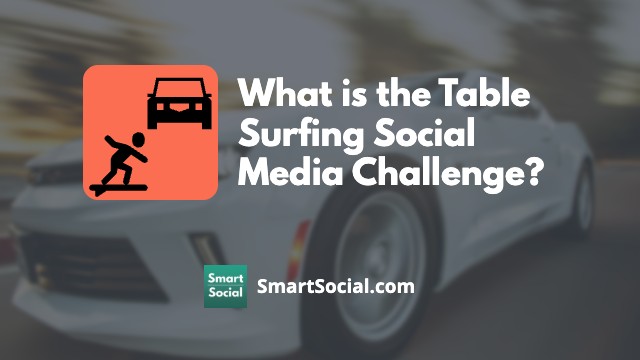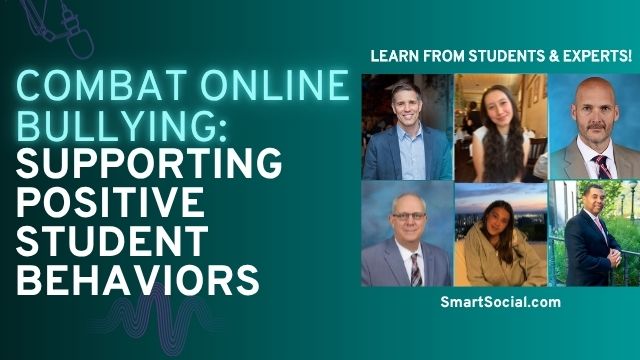Overwatch 2: (2025) Parent Guide
Green Zone App
(Click here to learn more)
Dangerous Social media challenge
(Click here to learn more)
Red Zone App
(Click here to learn more)
Gray Zone App
(Click here to learn more)

Overwatch is an online, multiplayer, first-person, “hero shooter” game that is incredibly popular with students. Kids love playing Overwatch because as long as a player keeps playing the game, they will earn more rewards - this is a form of gamification that encourages kids to play more and more. Overwatch only works if players are matched onto teams with other real people which means that your child will be exposed to strangers in every game.
Top Concerns about Overwatch 2
- Overwatch 2 is designed to be played with strangers and there is no solo-play option
- Players can buy loot boxes using real money to get character skins which alter the appearance of their characters so parents should talk about whether it is acceptable to spend money on the game and what the limit is
- Overwatch 2 features animated blood, violence, and use of tobacco
Overwatch parent video

What is Overwatch?
- Overwatch is an online, team based shooter game that assigns players into two teams of six that “travel the world, build a team, and contest objectives in exhilarating 6v6 combat.” (Source: Overwatch)
- Players choose their character (called ‘heroes’) from 30 options. Each character has unique weapons and capabilities
- The players on a team work together to secure and defend certain places on a map or escort a payload across the map during a limited amount of time
- Players earn rewards as they play the game that do not affect gameplay, like victory poses and character skins
- Overwatch is available on Windows, XBox One, PS4, and Nintendo Switch and features a bright and cartoonish animation style, similar to Fortnite
Why do students like playing Overwatch?
- Regardless of whether or not players win a match, they gain experience towards a player level
- When players go up a level, they receive loot boxes that contain items that can be used to customize the appearance of the hero characters
- As long as a player keeps playing the game, they will earn more rewards - this is a form of gamification that encourages kids to play more and more
Overwatch in the news

"Unlike a game of pickup basketball, however, online games will match-make teams out of random players, identifiable only by pseudonyms, thereby giving strangers a direct channel to another player’s headset via the game’s voice chat. ‘It certainly looks like the effect on adolescents and children in general is quite negative,’ said [the] head of pediatric mental health at Louisiana State University. ‘There’s a higher incidence of depression.’" Washington Post
What parents need to know about Overwatch 2

- Overwatch only works if players are matched onto teams with other real people, exposing your student to strangers in every game and putting them at risk of cyberbullying and exposure to inappropriate language and predatory behavior
- When your kids play multiplayer games while wearing headsets, they’re a million miles away - even if you’re sitting in the same room as them
- In the past, the developers have been criticized for over-sexualizing characters and promoting cultural stereotypes
- There are reports of the community becoming increasingly toxic and negative
What can parents do?

- Set up parental controls through the Blizzard website
- ~Set daily or weekly time limits or create a schedule for play
- ~Receive a weekly email play time report
- ~Enable or disable in-game purchases
- Always monitor your kids during game time - it’s even better when parents play the game with their children
- Keep gaming consoles in a public space in the home so you can supervise game time
- Say no to headsets. Headsets leave students vulnerable to connecting with strangers
- Discuss with your students to never meet up with someone they met online in another (private) messaging app or in person
- Remind your student that if they ever see or hear something that makes them uncomfortable they should talk to a parent or another trusted adult
Does Overwatch 2 put your child at risk of gaming disorder?
- Gaming disorder is considered a mental health condition. Look out for any warning signs that your child is addicted to video games:
- ~Impaired control over gaming (e.g. onset, frequency, intensity, duration, termination, context)
- ~Increasing priority given to gaming to the extent that gaming takes precedence over other life interests and daily activities
- ~Continuation or escalation of gaming despite the occurrence of negative consequences
Parent & educator training video
Pros and Cons of Video Games
Pros and Cons of Video Games as a Family
Conclusion
Due to the fact that players need to communicate with strangers in order to be successful playing Overwatch 2, we do not recommend that students play without supervision. When students wear headsets while gaming it's nearly impossible for parents to monitor them - even if they're in the same room, so parents may want to consider having teens play the game without headsets. While Overwatch's animation style is bright and cartoonish like Fortnite, that doesn't mean it is safe for students. We recommend that parents always monitor their kids during game time and keep an eye out for any warning signs that they are becoming addicted to gaming.
Protect your family and enter for a chance to win cool prizes
Become a member or log in to learn more on this topic
Protect your family and enter for a chance to win cool prizes

., start learning from this page to earn points!*
Hello, I'm Josh, the founder of SmartSocial.com.
Don't leave this page until you fill out our feedback form that will appear after you learn from the resources...
Become a Very Informed Parent (VIP) to get our social media suggestions in your email every Tuesday & Thursday.



Hello, I'm Josh, the founder of SmartSocial.com. Protect your family by taking my 1 minute quiz
This quiz will help you understand how safe your family is


Schools & Districts: Partner with us to protect your community online
Our remote presentations (and website) teach over a million parents and students each year how to be safe so they can shine online. We teach students how their accounts can be used to create a portfolio of positive accomplishments that impress colleges and employers.


Join Our Smart Social Podcast
each week on iTunes
With over 500 episodes, Josh Ochs interviews psychologists, therapists, counselors, teachers, and parents while showing you how to navigate social media to someday shine online.
Listen on:




.jpg)
.jpg)
.jpg)


